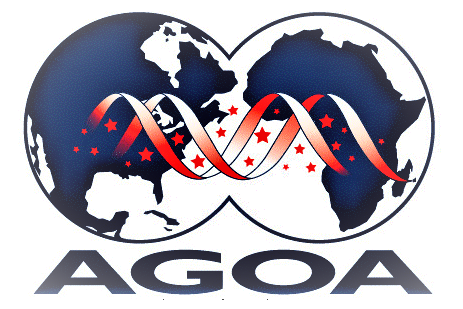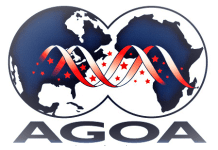 This week the California Chamber of Commerce urged members of the California congressional delegation to support a last-minute push to renew a trade preference program for sub-Saharan African nations before it expires at the end of September.
This week the California Chamber of Commerce urged members of the California congressional delegation to support a last-minute push to renew a trade preference program for sub-Saharan African nations before it expires at the end of September.
The African Growth and Opportunity Act (AGOA) is a trade preference program that has been the model behind U.S.-African trade and investment since it was enacted in 2000. The AGOA provides duty-free entry into the United States for almost all African products. This has helped to expand and diversify African exports to the United States. In 2015, the U.S. Congress renewed AGOA for 10 years.
The AGOA embodies a trade and investment-centered approach to development. Enactment of the AGOA has stimulated the growth of the African private sector and provided incentives for further reform. The AGOA is aimed at transforming the relationship between the United States and sub-Saharan Africa away from aid dependence to enhanced commerce by providing commercial incentives to encourage bilateral trade. Since 2000, AGOA has helped increase U.S. two-way trade with sub-Saharan Africa.
According to the U. S. Trade Representative’s Office, AGOA provides eligible sub-Saharan African countries with duty-free access to the U.S. market for more than 1,800 products, in addition to the more than 5,000 products that have been eligible for duty-free access under the Generalized System of Preferences program. Thirty-two countries are eligible for AGOA benefits. The issue is currently muddled with new tariffs placed by the U.S.
To meet AGOA’s rigorous eligibility requirements, countries must establish or make continual progress toward establishing a market-based economy, the rule of law, political pluralism, and the right to due process. In addition, countries must eliminate barriers to U.S. trade and investment, and enact policies to reduce poverty, combat corruption and protect human rights.
By providing new market opportunities, AGOA has helped bolster economic growth, promoted economic and political reform, and improved U.S. economic relations in the region.
Sub-Saharan Africa will have 25% of the world’s population by 2050. Economic self-reliance is critical for this growing population.
CalChamber Position
The California Chamber of Commerce believes that it is in the mutual economic interest of the United States and sub-Saharan Africa to promote stable and sustainable economic growth and development in sub-Saharan Africa and that this growth depends in large measure upon the development of a receptive environment for trade and investment.
The CalChamber is supportive of the United States seeking to facilitate market-led economic growth in, and thereby the social and economic development of, the countries of sub- Saharan Africa.
In particular, the CalChamber is supportive of the United States seeking to assist sub-Saharan African countries, and the private sector in those countries, to achieve economic self-reliance.
Staff Contact: Susanne T. Stirling

